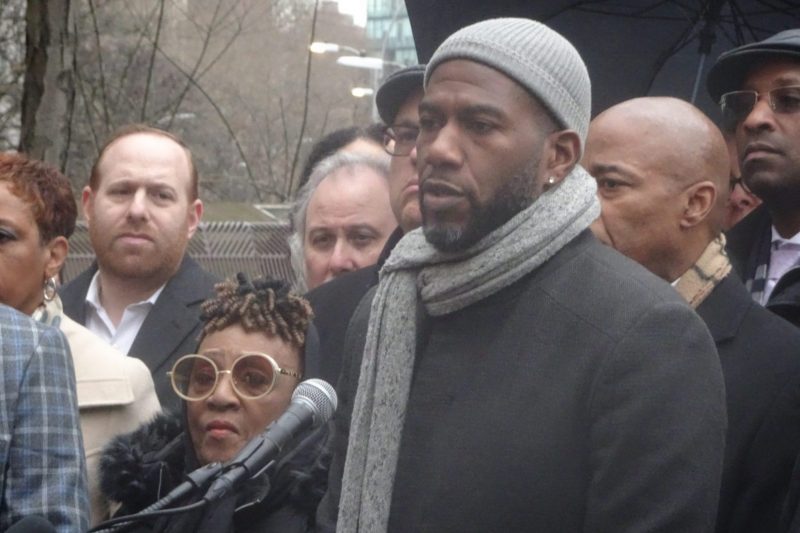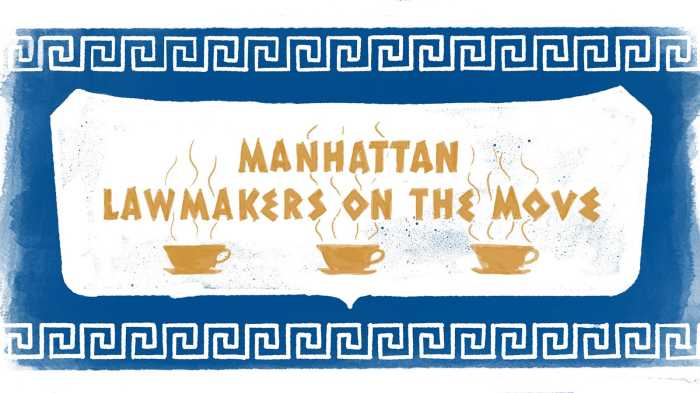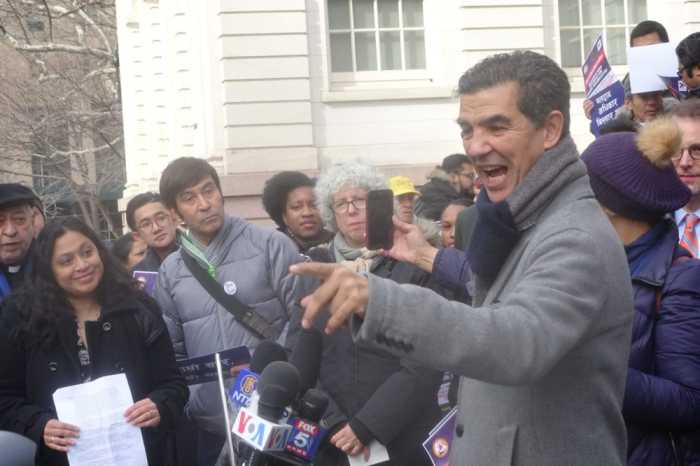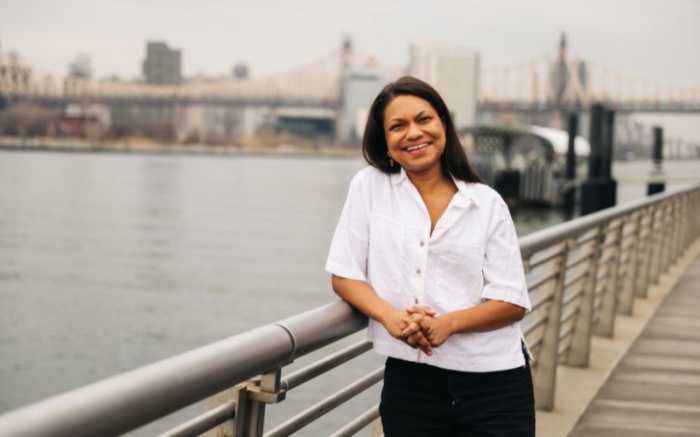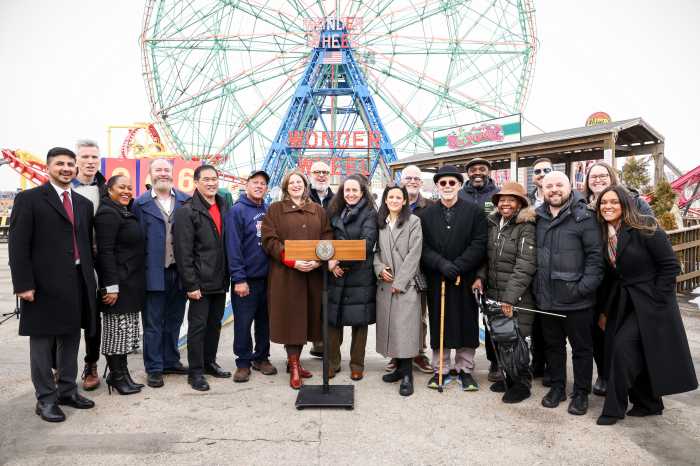This upcoming presidential election may be the most important one in our lifetime. Public Advocate Jumaane Williams (D) and HeadCount’s NYC chapter are raring to get New Yorkers out to the polls this November.
Last Monday, Williams co-hosted a virtual rally with HeadCount NYC to kick off the “United We Vote” voter registration initiative. The event took place at 6 p.m. and was streamed live on his Facebook page, facebook.com/NYCPublicAdvocate. Jumaane Williams and Deputy Public Advocate Xamayla Rose were joined by HeadCount representatives, activists and musicians from across the five boroughs. Over the course of an hour, they performed songs and exchanged ideas on how to boost turnout.
“Everybody knows how important this election is,” said Williams. “I think it’s an existential election. My hope is that everybody will come out and vote. I feel the anger of a lot of folks, but that doesn’t mean we shouldn’t use all the tools that we have. One of the main tools that we do have is voting. It’s not the end-all-be-all, but it’s very significant. So we’re hoping that with this launch, we can use that anger, use that energy to make sure everyone comes out to vote.”
HeadCount NYC is a non-partisan organization that seeks to promote voting and civic participation through music and entertainment. Hold Steady vocalist Craig Finn, a longtime ally of HeadCount, vouched for the power of music to promote civic engagement.
“No matter how political your songs are, music engages a community,” said Finn. “When we play a rock n’ roll song, I feel like, for some of our fans, it’s their church, you know? They’re going through the rituals of getting the tickets and singing the songs and being around people. That’s one thing we’ve lost in this pandemic, of course, but artists still have a community they can reach.”
This year, HeadCount has partnered with the Public Advocate’s office and launched an initiative to facilitate mass voter registration. The initiative provides New Yorkers with the toolkit to not just register to vote themselves, but also register others in their community. A brief outline explaining how to participate is available here.
At the start of the session, Antibalas vocalist Abraham Amayo performed an excerpt of “Fight Am Finish”, a song from their latest album. The song is a soulful, impassioned plea for his community to “vote like [their] life depends on it”.
Afterwards, the hosts and participants discussed strategies for reaching potential voters, particularly young ones. More than one attendee admitted that they didn’t start voting for years after they came of age; Finn, for instance, voted in his first election when he was 20. Trinidadian rapper Lyrikal also conceded that he wasn’t “deep into politics” at age 18, and didn’t see the importance of voting until he grew older and matured.
Finn suggested that peer pressure could be key in driving youth participation. He said that, in retrospect, he might have started voting earlier if he saw that his friends and colleagues were doing it, too.
“Honestly, at age 18, I was following a crowd,” said Finn. “More energy all around me probably would have gotten me to the polls.”
The attendees also discussed the challenges of maintaining momentum during the COVID-19 pandemic. As HeadCount Field Director Kellen Edmondson explained, their organization seeks to “put a friendly face on voting” by engaging potential voters face-to-face. In an era that encourages social distancing and discourages large crowds, that’s not as easy.
“As humans, I think we innately want to be face-to-face with people; we want to be with others and talk to them,” said Edmondson. “At HeadCount, what we do is we meet people and we talk to them on the ground at a concert or a music festival, and put a friendly face on the conversation about voting. And we just miss doing that, as an organization.”
But while it may be trickier to engage your audience during the pandemic, that doesn’t mean it’s impossible. Recently, Hold Steady hosted a listening party for one of their albums on Twitter, in which hundreds of their followers listened to the album at the exact same time and provided running commentary.
“There were hundreds of people tweeting at once while they listened to the record at the same time,” said Finn. “And that’s what you have to do, you know? You come up with creative ways to feel that sense of community.”
Finally, the attendees talked about one of their biggest and most common challenges: reaching citizens who claim that they “don’t vote”. Some feel apathetic, while others feel that there are no candidates who represent their interests. New Yorkers, in particular, often think that their votes don’t matter since their state is solidly blue.
But as Williams pointed out, there’s no guarantee that so-called red states and blue states will stay that way forever. According to several pollsters, Texas and Georgia – which have been strongly Republican for decades – have a decent chance of going blue this year. Furthermore, he said, Biden and Trump won’t be the only candidates on the ballot this year.
“You can’t take anything for granted, at all,” said Williams. “When you’re voting for president here in New York State, there are a lot of other local folks who will be on the ballot. And a lot of those local folks really control the day-to-day stuff.”
Selamawit Gashaw, Community & Diversity Manager for HeadCount, closed out the night, reitering the need for immediate action.
“This election can’t start in October; it can’t start later in the year; y’all gotta start right now,” said Gashaw. “We need to make sure people have time to request absentee ballots, to vote early, to do what they need to do. You guys have the power to affect your community.”


